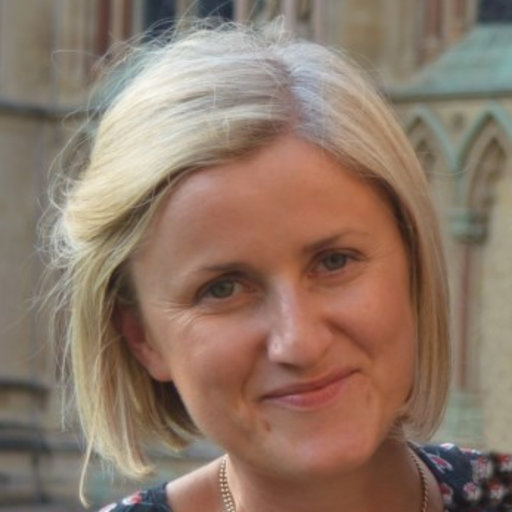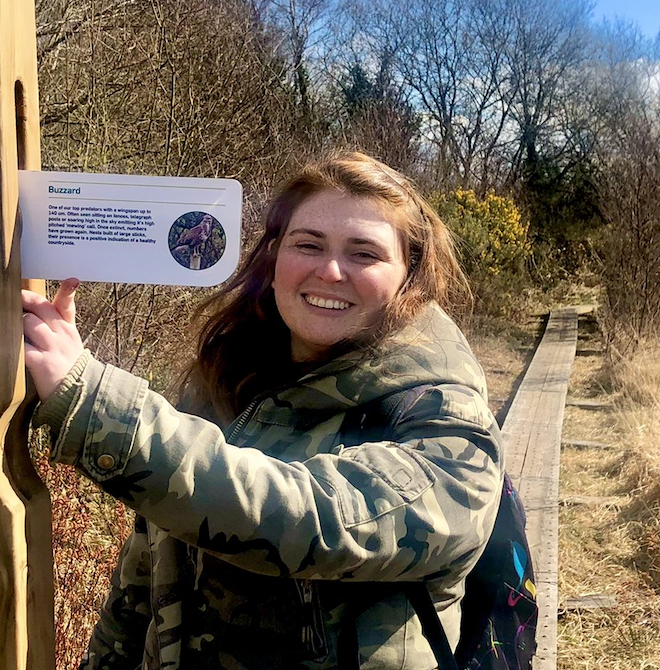
Just Transition and Irish peatlands: fostering transformative ecological, economic, and socio-cultural relationships with peatland landscapes
Dr. Kate Flood, EPA researcher, and Aoife Kirk, project coordinator of Connecting Communities with Peatlands, will explore the cultural context and experiences of communities in the midlands regions of Ireland as they transition from extracting peat systems to more regenerative models. These transitions require ‘social-ecological’ investment and resourcing, both for the scientific aspects of peatland restoration, rewetting and conservation and the relational networks that are crucial to building the collaborative communities, cultures and economies of the future.
https://www.linkedin.com/in/dr-kate-flood-32638550/?originalSubdomain=ie
Twitter: @irishboglife
Abstract
Healthy peatlands are globally important wetland ecosystems providing a variety of benefits including climate regulation, water filtration, and habitat for biodiversity. Peatlands also have important cultural and social values relating to heritage, community, education, sense of place, recreation and spirituality. In Ireland, there has been a gradual transition from the exploitation of peat for fuel and horticulture towards conservation, restoration and rewetting for ecosystem services, although domestic turf cutting and unregulated peat extraction are still significant issues. Industrial scale peat extraction has come to an end and ‘Just Transition’ programming aims to retrain industry workers and enable communities in the regions affected to develop new economic, social and cultural relationships with peatland landscapes.
This paper examines recent research on the role of community involvement and engagement in the management of peatlands as linked social-ecological systems. It explores the cultural context and experiences of communities in the midlands regions of Ireland as they transition from extractive systems providing labour and employment to more regenerative models that emphasise recreation, restoration, conservation, and education. Such transitions are key aspects of the transformational changes needed in society to address the current climate and biodiversity crises and achieve sustainable development and biodiversity goals. These transitions require ‘social-ecological’ investment and resourcing, both for the scientific aspects of peatland restoration, rewetting and conservation and the relational networks that are crucial to building the collaborative communities, cultures and economies of the future.
Finally, the paper provides a brief overview of the Peat Hub Ireland project which aims to collate evidence, identify knowledge gaps and integrate knowledge from a variety of disciplines and sources for the future sustainable management of Ireland’s peatlands. Just Transition is a key research theme and we welcome input on knowledge gaps in this area to support local communities and regional organisations negotiating the transition to more sustainable futures.
Dr. Kate Flood
Dr. Kate Flood is a researcher with the EPA Peat Hub Ireland project which aims to collate evidence on peatland research in Ireland to provide researchers, civil society and policy makers with evidence-based knowledge and recommendations for the future sustainable management of peatlands.
Her research interests include the cultural and social dimensions of peatland conservation and the role of communities in contributing to the restoration and resilience of peatlands.
She is a member of the Community Wetlands Forum Steering Group and represents the Forum on the EU Horizon 2020 WaterLANDS wetland restoration project.
Aoife Kirk
Aoife is the project coordinator of Connecting Communities with Peatlands, a project funded by Ireland’s National Just Transition Fund. The project partners are the Community Wetlands Forum and Irish Rural Link. Connecting Communities with Peatlands seeks to build the capacity of community-led peatland projects in Ireland’s midlands after the cessation of industrial turf extraction in the region.

